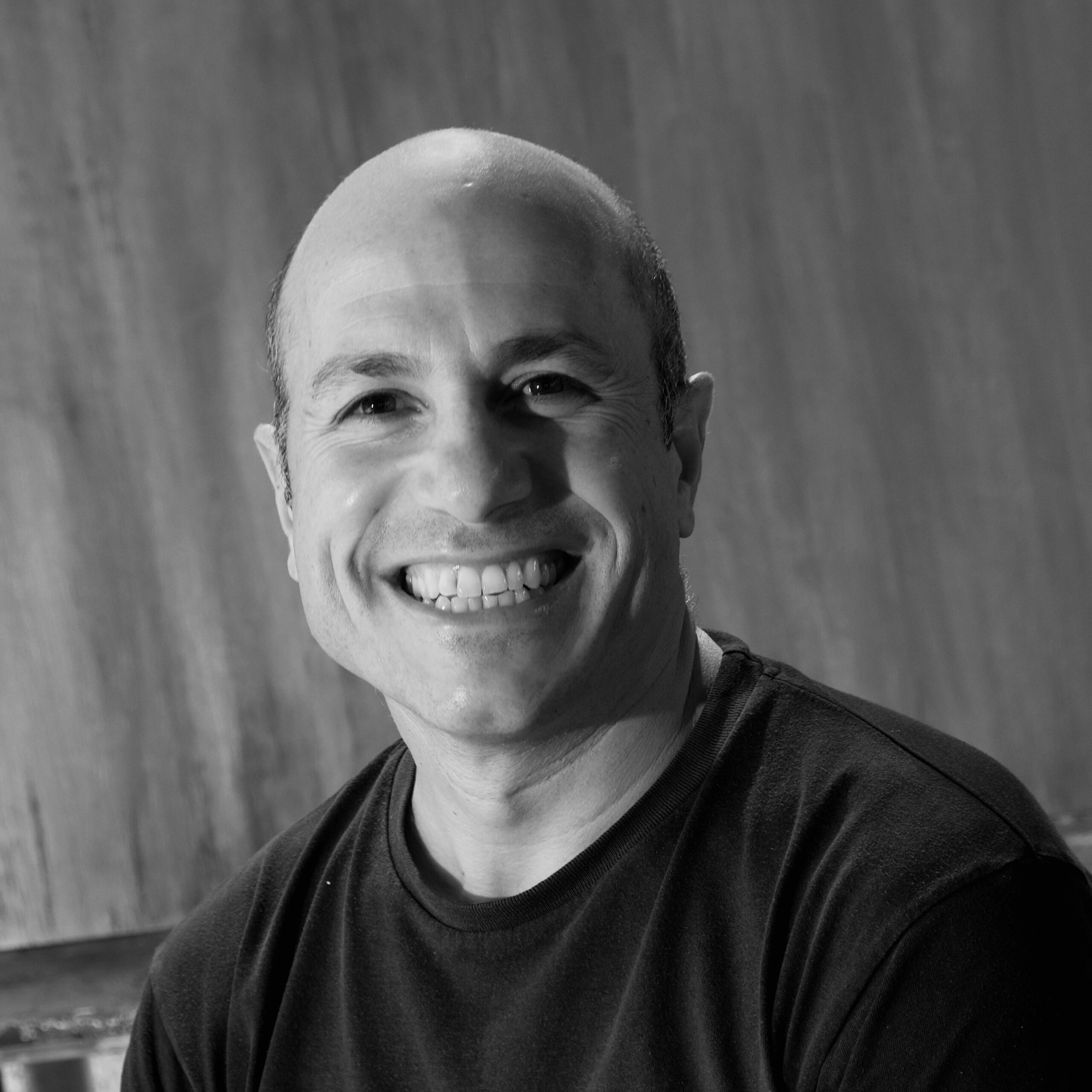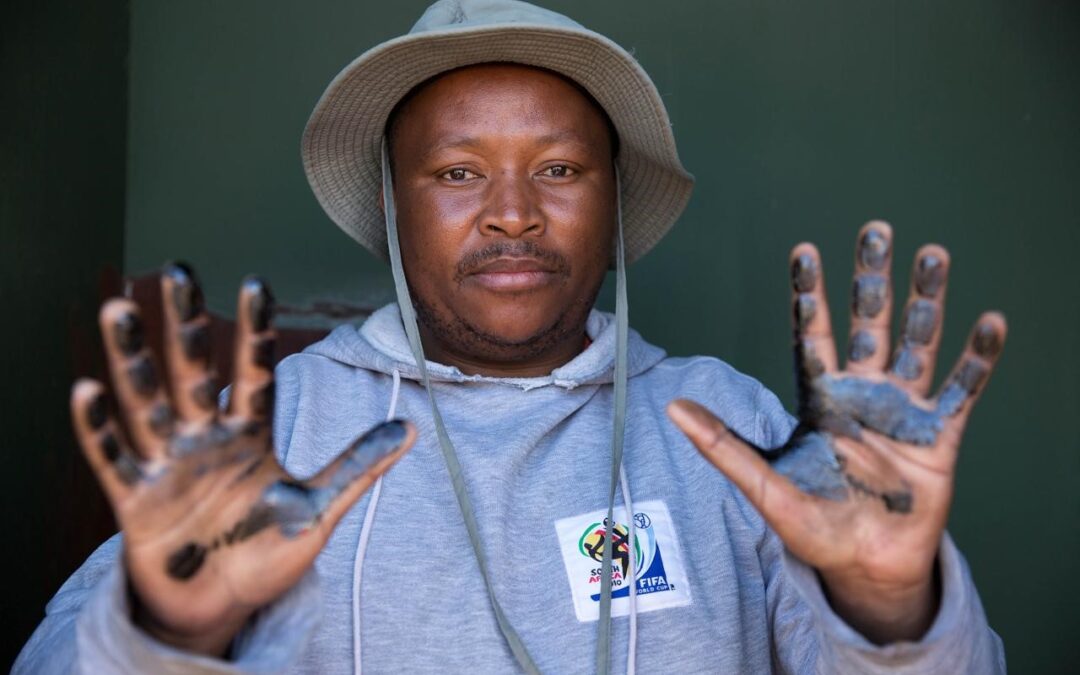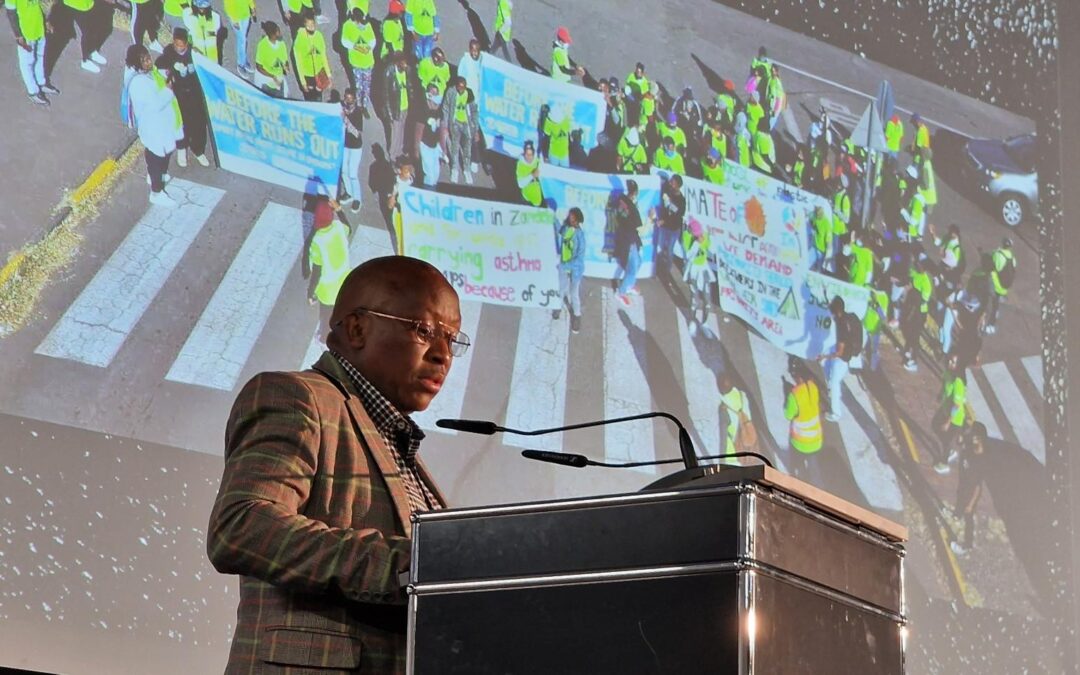
Rico Euripidou
Public health professionals from around the world have called for a ban on coal. A resolution by the World Federation of Public Health Associations (WFPHA) demands that governments stop the opening of all new coal mines worldwide, accelerate closure of existing coal mines, accelerate the transition to clean renewable energy, and secure a just transition for affected workers and communities.
The WFPHA was established in May 1967 and is now composed of over 115 associations, mostly multidisciplinary national public health associations, including the Public Health Association of South Africa. Together they represent some 5 million public health professionals worldwide including doctors, nurses, health scientists and public health professionals who look after our health needs on a daily basis.
As the only worldwide professional society representing and serving public health, its mission is to promote and protect global public health. At the recent General Assembly on the 9th June 2020, the Federation announced a new environmental policy titled “A call to ban coal for Electricity Production”. The resolution describes the costly and detrimental health effects of coal use for electricity. It argues that the contribution of coal fired energy generation to climate change makes it lethal. And further establishes the case for agencies centered on promoting human health to facilitate its global ban. This strong message from 5 million health professionals is a wake-up call and means we should all take it quite seriously.
The policy document synthesises the scientific evidence which shows that coal harms human and environmental health at each stage of coal’s lifecycle – from mining, to disposal of contaminated water and tailings, to transportation and coal washing, combustion in coal fired power stations with associated air pollution, and final disposal of post‐combustion wastes.
The policy also provides estimates of the societal costs of coal. These are the “external costs” that are not accounted for by governments and polluting sectors of the economy. The Federation suggests that 95% of the externalized costs of coal consist of adverse health effects on the population. The estimated annual health costs add up to €54.7 billion in the ‘expanded’ European Union.
Overall, asthma costs the EU €17.7 billion directly and €9.8 billion via lost productivity annually. Cardiovascular and respiratory diseases, both heavily linked to coal pollution, costs €210 billion and €380 billion per year, respectively. Loss in IQ from mercury toxicity has been estimated at €9 billion annually. In the US, the health costs associated with coal have been estimated at 19 – 45 cents per kWh of electricity produced, which would be an estimated $230 billion in 2017. In Australia, the health costs from merely one coal producing valley are estimated at $2.6 billion per year and globally, the pollution from all fossil fuels are estimated to cost $540 billion per year, the majority of which is attributable to coal.
These annual health costs are staggering to comprehend in South African Rand terms – roughly 10 trillion Rand annually.
In a similar economic evaluation respected health economist Dr Michael Holland assessed the health impacts and associated economic costs of micro sized air pollution emissions from Eskom’s coal-fired power stations in 2017. In a report titled “Health impacts of coal-fired power plants in South Africa”, he concluded that Eskom’s coal power stations create a substantial burden on human health, leading to 2 239 equivalent attributable deaths annually, as well as 2 781 cases of bronchitis in adults, and 9 533 episodes in children, together with other related respiratory related diseases in adults and children each year. These negative health impacts are likely to be most experienced by disadvantaged members of society.
He calculated that health costs from Eskom’s coal fired fleet costs us approximately R35-billion annually in terms of early deaths, chronic bronchitis, hospital admissions for respiratory and cardiovascular disease, and a variety of minor conditions leading to restrictions on daily activity, including lost productivity. Dr Holland’s report excluded the significant impacts on air pollution from mining (such as coal dust), transport of coal and contamination of water.
The WFPHA urges governments to put an immediate halt on the opening of new coal mines worldwide, Enact immediate strategies to accelerate closure of existing coal mines, Accelerate the transition to alternative sources of energy, such as renewables, accompanied by promoting adoption of more efficient electrical appliances, and introducing steps to reduce total demand for energy and electricity, Create alternative employment options for communities currently reliant on the coal industry and develop policies and programs to secure a just transition for these affected communities to the new economic situation.
The Life After Coal Campaign (Centre for Environmental Rights, Earthlife Africa, groundWork) has called for the end of coal and the transition to a low carbon economy. The groundWork 2019 report titled Down to Zero states that the best option for people and the country is for a rapid transition to renewable energy. Associated with the impacts of coal are the climate change risks including droughts and floods that will further impact on people’s health. Rapidly reducing fossil fuel burning to zero emissions, along with restoring the land and increasing its carbon absorption and storage capacity will help restore our environment and people’s health.
Similarly, the Secretary-General of the United Nations, Antonio Guterres tweeted on the 29th June that:
“There is no good reason for any country to include coal in their #COVID19 recovery plans…. This is the time to invest in energy sources that don’t pollute, generate decent jobs and save money. Now is the time to end business as usual, build a global economy that is sustainable and fair, and put into practice our commitments to future generations”.
Rico Euripidou is an Environmental Health Campaign Manager at groundWork, Friends of the Earth SA.
This opinion piece is available as a stand-alone article here. You can view the original press clipping here.



